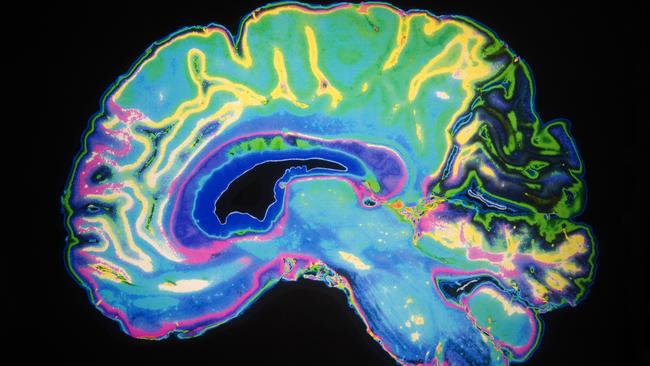QIMR Berghofer shows those with variations in brain volume are prone to Parkinson’s and ADHD
The largest-ever brain imaging study of its kind has found genetic variations linked to multiple cognitive conditions, seeking to find the ‘genetic essence of humanity’.

High fidelity brain imaging is allowing scientists to determine how cognitive conditions develop, with a new study linking genetic variations to Parkinson’s and ADHD.
By analysing huge quantities of brain scans, researchers at QIMR Berghofer linked hundreds of genetic variants to people with ADHD and Parkinson’s. The most marked genetic factor on the two conditions was brain volume, with a high volume in certain brain regions often appearing alongside Parkinson’s, while deficiencies in other regions raised the risk of ADHD.
The study indicated there were 254 genetic variants which influenced the size and structure of the brain and were also implicated in developmental, psychiatric, and neurological disorders.
These affected the parts of the brain responsible for memory formation, risk-reward decision making, emotional regulation, motor control, and sensory processing.
Key to securing the study’s large sample size was the research body Enhancing Neuro Imaging Genetics through Meta-Analysis (ENIGMA), which catalogues brain data from 1000 labs in 45 countries.
ENIGMA principal investigator Paul M. Thompson said studies built from its genetic bank were “beginning to home in on what has been called the genetic essence of humanity”.
It took 189 researchers to analyse the study’s 76,000 participants based across 19 countries.

The QIMR study also relied on imaging and genetic data from UK Biobank, the American Adolescent Brain Cognitive Development study, and Cohorts for Heart and Ageing Research in Genomic Epidemiology.
“These findings suggest that genetic influences that underpin individual differences in brain structure may be fundamental to understanding the underlying causes of brain-related disorders,” QIMR Berghofer researcher Miguel Renteria said.
“It’s worth noting that these are correlations, not causal relationships, and so interpretation must be approached with caution.”
Published in Nature Genetics, the study was the largest of its kind.
PhD candidate Luis García-Marín said it also helped indicate how the brain has evolved, thereby “answering key questions about how genetics influence brain structure, and how we can potentially treat these conditions in future”.
It comes after epidemiological research by the University of South Australia found mothers who are overweight or obese before and during pregnancy place their children at higher risk of autism, ADHD and associated behavioural conditions.




